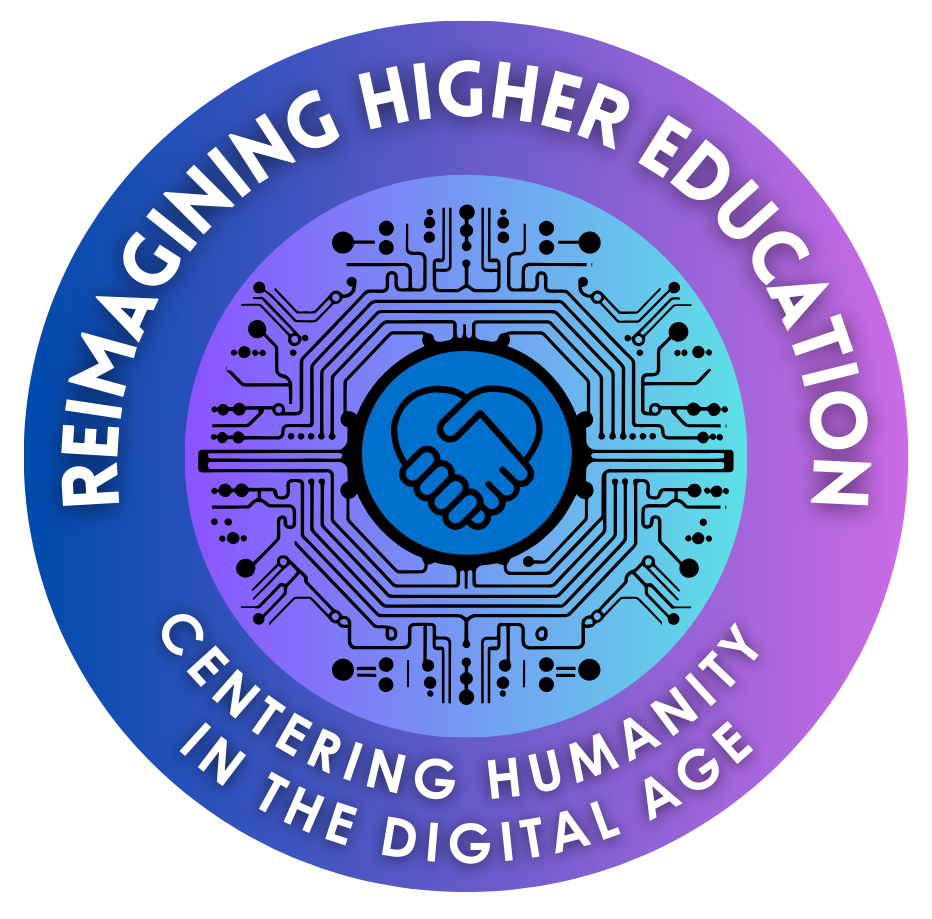How to Engage and Retain Our At-risk, Diverse Learners in Our Online Courses
Start Date
1-11-2023 9:50 AM
End Date
1-11-2023 10:35 AM
Keywords
2023, destination excellence, day 1, faculty development
Abstract
At-risk, diverse learners include our nontraditional students, who are juggling work schedules, family responsibilities, and time constraints. They are attracted to asynchronous online courses due to convenience, but research shows they have difficulty completing coursework, and are at-risk of dropping courses and leaving the degree program. This panel discussion will offer online instructors effective learning supports, online tools, and psychosocial understanding of the unique characteristics of at-risk diverse learners to promote student engagement and academic success. In addition, suggestions for more active student-professor interaction, and the necessity of informed academic advisement will be proposed.
Learning Outcomes:
Participants will be able to:
- Appreciate and understand the psychosocial characteristics of at-risk, diverse learners in our online courses and programs (affective knowledge)
- Apply effective learning supports to promote student engagement (skill-building)
- Facilitate online course completion and degree completion for at-risk, diverse learners (retention efforts)
How to Engage and Retain Our At-risk, Diverse Learners in Our Online Courses
At-risk, diverse learners include our nontraditional students, who are juggling work schedules, family responsibilities, and time constraints. They are attracted to asynchronous online courses due to convenience, but research shows they have difficulty completing coursework, and are at-risk of dropping courses and leaving the degree program. This panel discussion will offer online instructors effective learning supports, online tools, and psychosocial understanding of the unique characteristics of at-risk diverse learners to promote student engagement and academic success. In addition, suggestions for more active student-professor interaction, and the necessity of informed academic advisement will be proposed.
Learning Outcomes:
Participants will be able to:
- Appreciate and understand the psychosocial characteristics of at-risk, diverse learners in our online courses and programs (affective knowledge)
- Apply effective learning supports to promote student engagement (skill-building)
- Facilitate online course completion and degree completion for at-risk, diverse learners (retention efforts)


